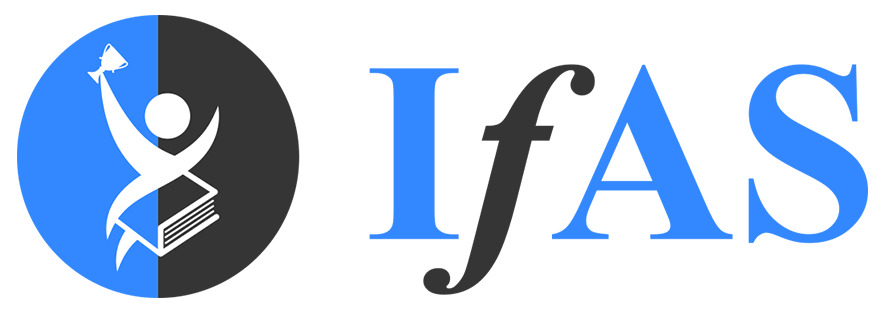One such highly valued exams that most people opting for research or lectureship positions in science and technology in India take is the CSIR NET, or Council of Scientific and Industrial Research National Eligibility Test. The General Aptitude section, also known as Part A of the exam, becomes a very critical section for all candidates without any exception. This section tests reasoning, problem-solving abilities, and analytical skills of candidates, which makes it an integral part of the CSIR NET. Here is an overview of the syllabus along with some strategies that will help you ace the exam.
General Overview of the Syllabus
This General Aptitude section is an attempt to check the reasoning and analytical abilities of a candidate. The candidates need to attempt 15 questions, which carry two marks each, hence totaling 30 marks for the section. Questions will be of both quantitative and verbal type and crucial for research and academic careers.
The Syllabus for this section falls broadly under the following three heads:
- Quantitative Aptitude
- Logical and Analytical Reasoning
- General Mental Ability
Let’s delve deeper into each one in detail:
Quantitative Aptitude
This category checks the aptitude of the candidate for solving numerical and data-related issues. It includes the following:
- Number Series: Questions in arithmetic or geometric pattern, which the candidate has to identify as the missing term.
- Percentage, Ratio, and Proportion: Common for data interpretation and everyday calculations, this is a fundamental arithmetic comprehension test.
- Averages and Mixtures: This involves problems over averages and mixtures. It usually involves blending two or more entities and calculating an average or concentration.
- Profit and Loss, Simple Interest, Compound Interest: These questions check financial mathematical skills.
- Time, Speed, and Distance: In most questions, candidates should calculate distances or time from the given speeds with either conversions or proportional adjustments.
- Data Interpretation: In this part, the ability to interpret and analyze data is tested by using graphs, pie charts, and tables.
Logical and Analytical Reasoning
Logical and analytical reasoning demands step-by-step analysis to solve and understand problems in a logical manner. This chapter includes:
- Series and Patterns: The candidate should be able to identify as well as complete a given series or pattern in numbers, letters, or figures.
- Blood Relations: Questions that test logical inferences through family and relational relationships.
- Direction Sense: In these questions, the candidate is supposed to determine directions based on given situations or movements.
- Seating Arrangement Questions: Questions in this class entail placing people or other items in an explicit configuration after a course of clues.
- Coding and Decoding: In this type of question, characters or numbers are changed in a pattern or cycle of rules, and the candidates have to recode them.
- Syllogism: Syllogistic reasoning refers to conclusions derived from stated conclusions. It tests how logical a candidate can be in trying to analyze a statement.
General Mental Ability
General mental ability encompasses longer questions that incorporate generalized skills in intellect. This section typically contains:
- Riddles: Sitters may be asked to solve some riddles, which may be of logical deduction or those with words.
- Analogies: Analogies require the sitter to work on determining the relationships between two items and apply them to other similar pairs.
- Clock and Calendar Problems: These problems test one’s ability to calculate time intervals and come up with dates from given conditions or patterns.
- Basic Geometry and Mensuration: Here, basic questions on areas, volumes, and simple geometrical properties crop up most of the time.
- Visual Reasoning: Candidates may need to identify shapes, rotations, or mirror images.
How to Prepare for CSIR NET General Aptitude
- Know the Syllabus Inside Out: Familiarize yourself with all topics, so you know where to focus your efforts.
- Practice Regularly: Solve sample tests and question papers of previous years to get comfortable with the type of questions asked.
- Try to be Accurate and Quick: The General Aptitude section asks for precision; therefore, ensure that you are accurate while within the limits of time.
- Review core math concepts: Basic mathematical skills regarding percentages, ratios, and averages should help keep quantitative questions easily cracked.
- Use quality study material: Books like R.S. Aggarwal’s Quantitative Aptitude and online mock tests are very resourceful.
Conclusion
The general aptitude section of the CSIR NET test is very important as it tests the basic reasoning and problem-solving skills.A solid understanding of the syllabus, along with regular practice, will help candidates prepare effectively for this part of the test. This preparation will also enable them to manage, which is essential for success not only in this section score.





More Stories
Give Your Kitchen a Fresh Look with These Cabinet Ideas
Essentials Hoodies That Fit Your Everyday Needs
comme des garcons Official Online Store